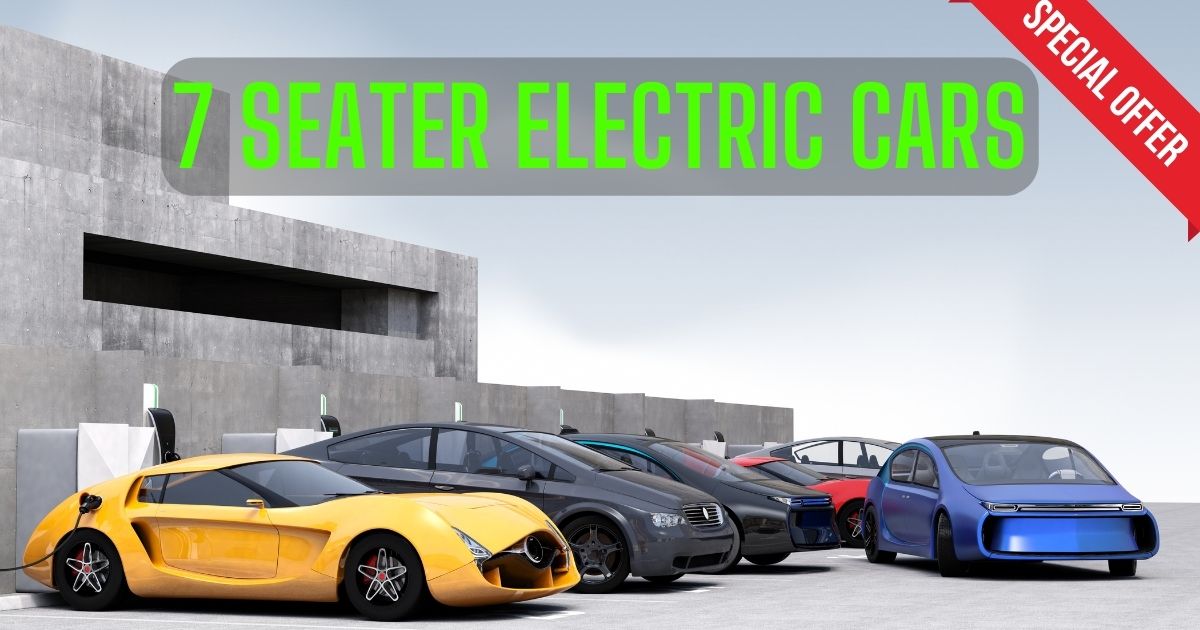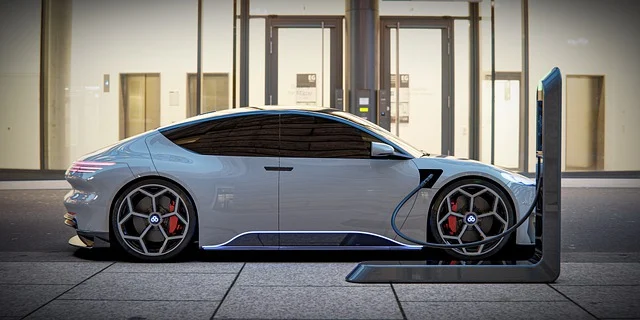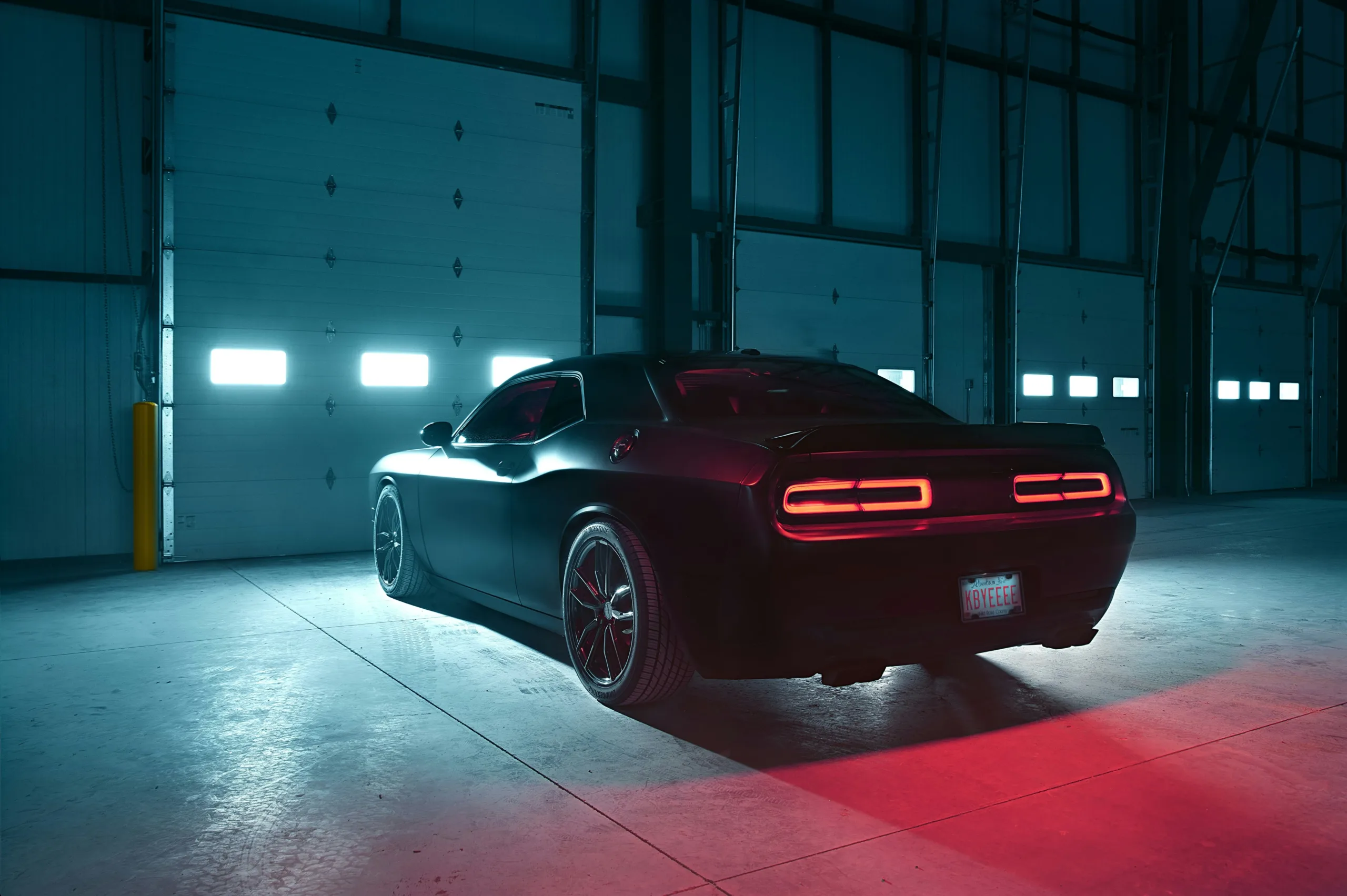The Fastest Electric Car: A Comprehensive Guide to Speed and Innovation
Introduction
Electric automobiles are the latest addition to automobile technology, which presents a better, cleaner approach to gasoline automobiles. However, electric cars which are good for the environment are also increasingly touching headlines for speed and performance. There is a demand for high-performance electric cars and hence manufacturers are coming up with new and better models of the fastest electric cars in the market.
In this article, you will come along to discover more about evolution of electric cars, understanding what makes a particular car to be regarded as the fastest electric car, and even learn about some of the best contenders. We will also learn how such speed machines are made, differentiate between them and conventional sports car, and what is on the horizon for faster and faster electric cars. Whether you are an electric car lover or someone with interest in the modern development in transportation this guide will interest you.
The Evolution of Electric Cars
Advancements have been made in electric cars starting from the time they were first invented. The first electric cars were manufactured in the between 1880 and 1900 but soon lost ground to the gasoline cars because of some limitations such as short range and relatively slow speeds. But then battery production and the electric motor technology came back into the fold of innovation and this has brought back electric cars.
Key Milestones
- 1996: The EV1 by General Motors was released, and is considered the first fully production electric car of the current generation.
- 2008: Tesla rolled out the Roadster for center stage, and electric vehicles are not only swift and fashionable.
- 2012: Launched of new generation of electric cars and vehicles- the Tesla model S, that offered exceptional speed and a longer battery.
- 2020: Porsche Taycan is launched along with other high end electric cars proving how speed and luxury is possible in EVs.
These steps signify the growth of electric vehicles that lead to the improvement of the powertrains found in today’s fastest electric cars.
What Defines the Fastest Electric Car?
Speaking about the fastest electric car, some parameters should be taken into consideration. These include the overall top speed, acceleration rates say from stand still to 60 miles per hour and general performance. Let’s break down these factors:
Key Metrics
- Top Speed: The maximum speed a car can achieve. For electric cars, this is often limited by the motor and battery capabilities.
- Acceleration (0-60 mph): The time taken in completing a standing start to 60 miles per hour acceleration. Electric cars are often said to be very responsive due to their being much like speedy cars that could ‘take off’ at the flick of a switch.
- Overall Performance: That is; handling, braking as well as prolonged velocities on long distance force.
Importance of Battery Technology
Battery is seen as one of the determinants of the capability and possibly the speed of electric cars. Lithium-ion battery new generation, solid-state battery and other batteries have pushed the range and high power density of electric vehicles to a new level.
Role of Aerodynamics and Weight Reduction
There also exists the question of aerodynamics, and the ever-important aspect of weight. Slimming the car down decreases drag, offering it the ability to go faster. Carbon fiber and aluminum decreases the weight of the car which in turn improves performance.
Top Contenders for the Title of Fastest Electric Car
Several electric cars are vying for the title of the fastest electric car. Here are some of the top contenders:
Tesla Model S Plaid
- Top Speed: 200 mph
- Acceleration: 0-60 mph in 1.99 seconds
- Battery Range: 396 miles
Tesla Model S Plaid is the perfect car that turns the dominion of ICE vehicles into an electric car market. This aircraft has a tri-motor configuration and has better batteries’ technology and therefore it has better speed and performance.
Rimac Nevera
- Top Speed: 258 mph
- Acceleration: 0-60 mph in 1.85 seconds
- Battery Range: 340 miles
Rimac Nevera is hypercar which is in a different class of its own when it comes to the electric car performance. It has a quad-motor system and has employed one of the most advanced battery systems; it is ranked among the World’s fastest electric vehicle.
Porsche Taycan Turbo S
- Top Speed: 161 mph
- Acceleration: 0-60 mph in 2.6 seconds
- Battery Range: 201 miles
The Porsche Taycan Turbo S is somewhat a combination of both a luxury car and a sports car. The qualitative performance of this model is due to the presence of two motors and excellent aerodynamics that make it one of the contenders for the best electric car.
Lucid Air Dream Edition
- Top Speed: 168 mph
- Acceleration: 0-60 mph in 2.5 seconds
- Battery Range: 503 miles
Lucid Motors has accurately captured speed, luxury and range in its Lucid Air Dream Edition perfectly. Luxurious look and its battery make it stand among other electric cars and is highly recommended by consumers.
Aspark Owl
- Top Speed: 249 mph
- Acceleration: 0-60 mph in 1.69 seconds
- Battery Range: 280 miles
Aspark Owl is a hypercar that is created in very few series, and it provides top-notch speed and acceleration. Light weight, differential electric motors that made it more competitive than most of the cars within the same category.
The Technology Behind Speed
The speed and performance of electric cars are driven by several key technologies:
Advanced Battery Technology
Design and construction of battery systems can be considered to be the most vital component in the capability of an electric car. Improvements in lithium-ion have increased energy density in the car thus enhancing range and speed as preferred by most drivers. Lithium ion, which is actually in use currently, will be surpassed in the future by solid-state batteries which are still under development.
High-Performance Electric Motors
They are used for converting electrical energy into mechanical energy of any required extent and density. New-age motors like those seen in the Tesla Model S Plaid or Rimac Nevera have better efficiency and output.
Regenerative Braking Systems
Regenerative braking systems help to recover the energy that is utilized on braking thereby transforming it to electrical energy. This is not only efficient but also increases performance mainly because there is an increased power being sent to the motors.
Importance of Software and AI
Technological advancement in software and artificial intelligence (AI) is significantly used in providing efficiency in the functioning of electric cars. Some of the happenings at an advanced level include power control, battery thermal management, and even control of the aerodynamics in a bid to improve on performance.
The Future of Fast Electric Cars
The future of fast electric cars looks promising, with several exciting models and prototypes on the horizon:
Upcoming Models
- Tesla Roadster 2. 0: claims a maximum speed of more than 250 miles per hour and acceleration to the speed of sixty miles per hour within 1. 9 seconds.
- Lotus Evija: Officially it is stated to become a production vehicle with the highest power in the world and it possesses 2,000 hp.
- Faraday Future FF91: With regards to its performance identify it boast of a maximum speed of 250 km/h and a 0 to 60 speed of acceleration in 2. 4 seconds.
Predictions for Future Advancements
Future progress in battery, motor and chemistries will probably bring that electric cars accelerate even more fastly. Of these, they also aged solid-state battery as being the most innovative for increasing energy density and decreasing mass.
Potential Impact of New Materials and Manufacturing Techniques
New material that are yet to be included in the construction of the electric cars include graphene and carbon nanotubes that give the wards a lighter touch and efficiency. Others include use of higher production technologies like the 3D printing that could also lower other costs of production while at the same time allow for better designs.
Comparing Fast Electric Cars to Traditional Sports Cars
Electric cars have several advantages over traditional sports cars when it comes to performance:
Performance Comparison
- Torque: Electric motors offer immediate torque, and hence accelerate better than ICEs.
- Efficiency: Electric cars are much more efficient in terms of CO transformation into movement.
- Maintenance: Electric cars have less friction than the traditional vehicles therefore their maintenance costs are low due to few moving parts.
Environmental Benefits
Another way electric cars are better is because of the fact that they do not give out emissions; a clear advantage over the traditional flashy sports cars. It is of much significance to do so given today’s global acknowledgment of the need to cut emissions of greenhouse gases and address climate change.
The Driving Experience
Driving the fastest electric cars offers a unique experience:
What It’s Like to Drive
An exciting satisfaction comes from the capacity of an electric car to produce torque and faster movements. It also results to a decrease in the extent of noise, with specific reference to the noise that engines make.
User Reviews and Testimonials
Several of the drivers were especially lyrical on the topic of performance and the sensation of driving very fast electric cars. For instance, the Tesla Model S Plaid has good comments regarding the acceleration and steerage of this model.
The Role of Sound
The electric cars are somewhat less noisy than normal cars and as such, some firms have added artificial sounds of the automobiles’ engines. This can feel the car more lively and provide an outcome sound to the driver that was not there before.
Cost and Accessibility
Advanced electric cars are rather expensive, but if a buyer plans on purchasing a high-performance vehicle with the help of the presented power source, the following options will be more than suitable:
Price Range
- Tesla Model S Plaid: Starting at $129,990
- Rimac Nevera: Approximately $2.4 million
- Porsche Taycan Turbo S: Starting at $185,000
- Lucid Air Dream Edition: Starting at $169,000
- Aspark Owl: Approximately $3.6 million
Availability and Market Reach
Some of the cars like Audi R8 e-tron are rare creations built in very limited numbers, while others are comparatively more mainstream and like Tesla Model S Plaid or Porsche Taycan. They base this projection on popular increase in the demand for electric cars thus ready market for the high performance models.
Financing Options and Incentives
Some of the incentives include rebates as well as tax credits offered to the citizens of so many countries for the purchase of electrically charged automobiles. Besides, the cars tend to be rather costly, thus manufacturers provide a versatile credit for those who may not be able to purchase these automobiles.
Safety Considerations
Safety is a top priority for electric car manufacturers:
Safety Features
Fast electric cars come equipped with advanced safety features, such as:
- Autonomous driving systems: Catalytically reduce the input of human element on operation as a means of boosting up safety measures.
- Advanced driver-assistance systems (ADAS): The technologies that includes such things as Lane Departure Warning, Dynamic Adaptive Cruise Control and Auto- Emergency braking should be integrated.
- Battery safety: In cooling and battery protective covers production, the manufacturers adopt high technology usage.
Crash Test Ratings
Almost all fast electric cars would have several high crash test ratings provided by either the NHTSA or the Euro NCAP.
Innovations in Safety Technology
Automakers who are in the business of developing electric cars are equally not folding their hands when it comes to the improvement of safety features. For example, the Tesla model carries the full self-driving capability that aims at reducing or even eradicating cases of accidents.
Conclusion
Modern high-performance electric cars are representatives of the same thing what even several years ago people would call science fiction. Beginning with Tesla Model S Plaid and passing through Rimac Nevera, it gets possible to understand the prospects of electric car progression.
With upgraded battery technology, electric motors, and material science in the future the idea of even faster and efficient electric cars clearly seems possible. If you are an aggressive driver and you like to speed or even if you are an environmental conscious driver then fastest electric car is for you.







